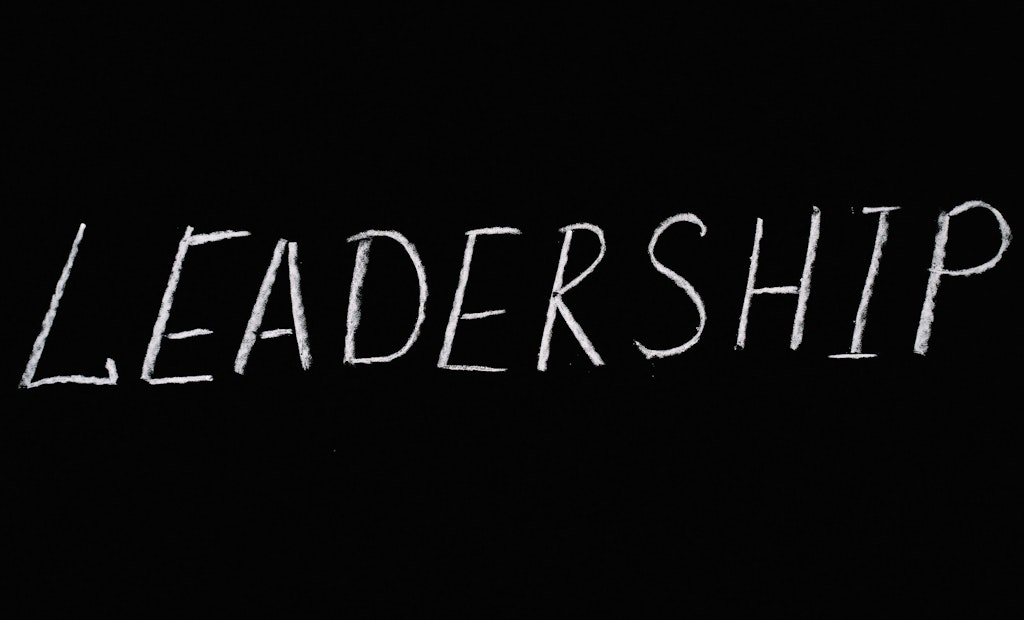Executive leadership coaching has gained popularity in the past few decades, and many people wonder exactly what it is and if it’s worth the investment.
There are different types of coaches, and one of the first steps is to recognize where coaching might have the most impact for...






